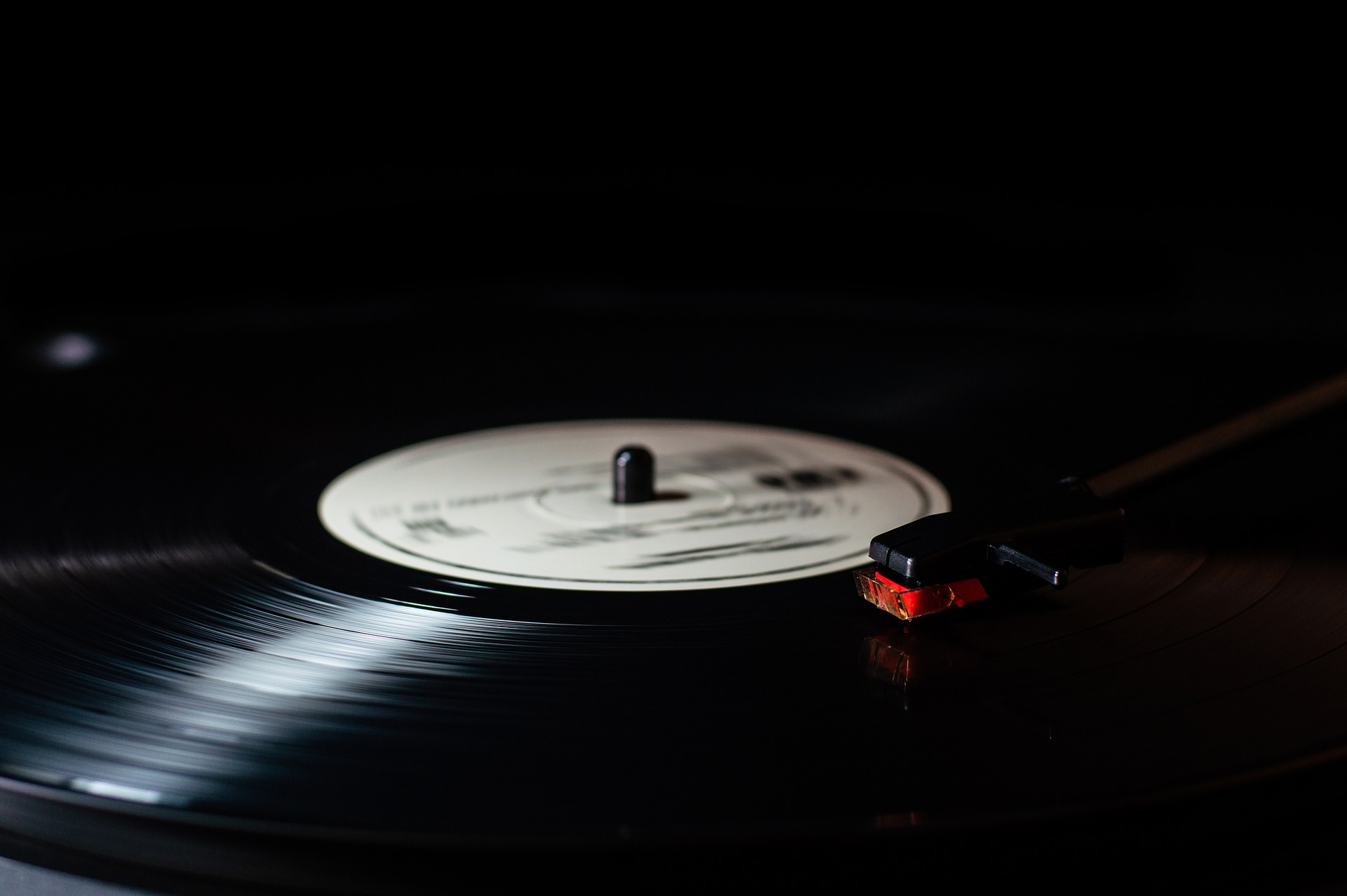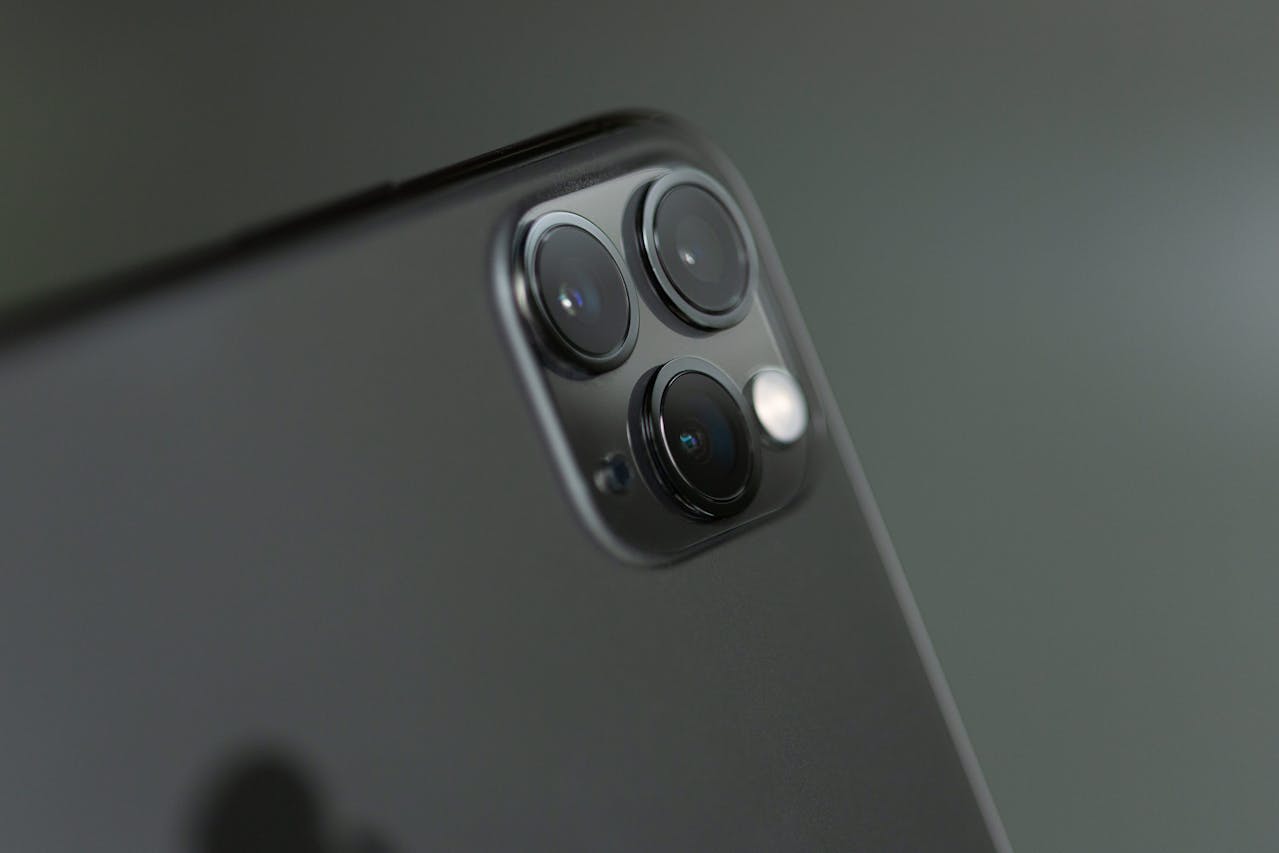Breaking Boundaries: Can AI Transform Songwriting?
Music, like other forms of art, is an expression of human emotion, an outlet for storytelling, and a tool for communicating universal experiences. However, in an era where technology dominates and artificial intelligence (AI) gains momentum, there's a novel question surfacing in the music industry: Can AI transform the art of songwriting?

A Symphony of Code: AI in the Music Industry
AI has already made significant inroads into the music industry. From mastering and distribution to marketing strategies, the use of algorithms and machine learning has upended traditional practices. But AI’s potential to contribute, or even replace, the human touch in the creation of new music is an intriguing prospect. AI has been used to compose pieces in genres ranging from classical to pop, and companies like OpenAI have developed algorithms capable of creating original compositions.
Melody Meets Algorithms: AI Songwriting in Practice
Major players such as Google’s Magenta and Sony’s Flow Machines have demonstrated that AI can generate music that is technically sound and increasingly complex. They utilize machine learning to analyze vast musical databases, learning how to create novel sequences from existing compositions. In effect, these machines are “learning” how to write a song - albeit in a vastly different way from their human counterparts.
The Heart of the Song: Emotion and AI
The most significant debate surrounding AI in songwriting is the question of emotion - can an algorithm truly replicate the emotional depth and complexity that a human songwriter brings to their work? Notwithstanding the technical proficiency AI can bring to melody crafting, many argue there’s an inherent “humanness” that machines lack. AI may perfectly mimic the patterns of a hit song, but without genuine feelings, some believe the final outcome feels soulless and generic.
Nuanced Harmonies: The Human-AI Collaboration
Perhaps, then, the future of songwriting lies not necessarily in AI taking over but rather in its partnership with human composers. This synergic approach might allow artists to enhance their creativity, using AI as a tool to explore new sound palettes or build complex compositions, while retaining the emotional authenticity that only a human can provide. This combination could very well yield a transformative shift in the music industry, creating a unique harmony between man and machine.
- AI start-ups, such as Amper and Jukin, utilize machine learning to compose music quickly, empowering creators with little musical background.
- OpenAI’s MuseNet can compose in the style of a specific artist or combine elements of multiple genres in a single piece.
- Through AI, composers have the opportunity to merge different music styles, creating a unique blend of genres and potentially expanding their audience.
- Several pop songs created with AI, such as Taryn Southern’s “Break Free” or the not-yet-released “Daddy’s Car” by Sony’s Flow Machines, have found moderate success.
From a futuristic odyssey, the integration of AI in songwriting is increasingly becoming a reality. While the machinery might not replace human emotion’s rawness, it certainly does possess the potential to assist creatives and transform the way songs are composed. The dialogue between AI and musicians is on the rise, whispering a symphony of change in an already dynamic industry. That alone is a tune worth exploring minute intricacies and marveling at the harmonious blend of art and science.




